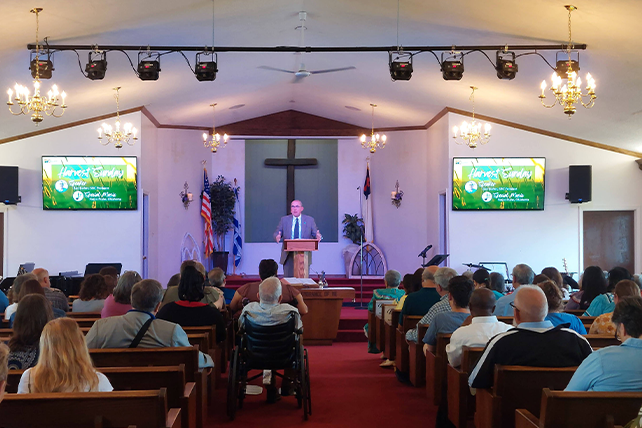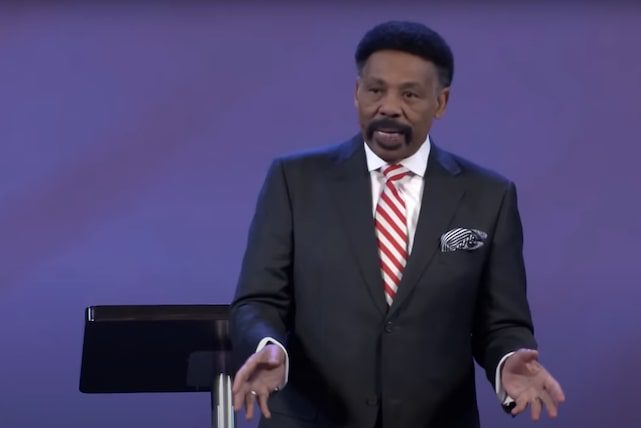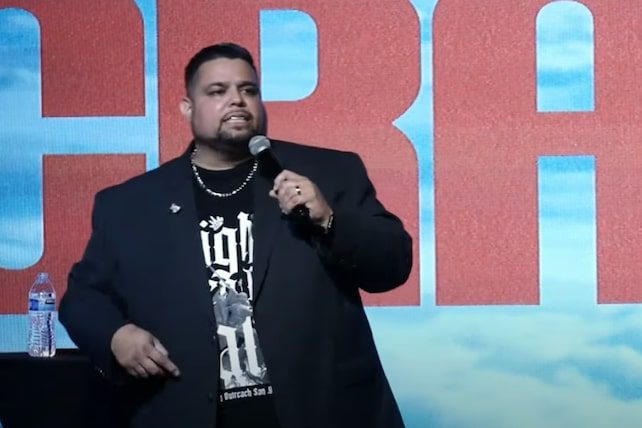Can loved ones in heaven look down on you? That’s one of many tough questions kids may ask. Kidmin leaders, youth workers, and parents should be prepared to address queries about death, heaven, and eternity. Although you might not know all the answers, you can turn to God’s Word for insights and hope.
Christians often say that deceased loved ones are watching over them. These people, they say, are taking care of them, smiling down on them, or sending them signs.
The Bible doesn’t say much about can loved ones in heaven look down on you. But several clues in Scripture seem to show this isn’t true.
Bible Insights: Can Loved Ones in Heaven Look Down on You
Here are some Scripture passages that shed light on this subject.
1. He will not return to me.
In 2 Samuel, David, a distraught father, has lost his only child. He has been fasting and praying that God might spare his son’s life. But when the child dies, David says:
But, now that he is dead, why should I go on fasting? Can I bring him back again? I will go to him, but he will not return to me. (2 Samuel 12:23)
David shows that the child is gone, never to return to this earth. He talks about how they will one day be reunited in heaven. But until then, David indicates a separation. He doesn’t expect the child to leave him any signs or to be a presence in his life.
2. Present with the Lord.
In 2 Corinthians 5:8, the Bible says when we are absent from the body, we are present with the Lord. Other passages offer glimpses of what being in the Lord’s presence might look like. Isaiah and Revelation both paint vivid pictures of the singular focus of those in heaven. They gather around God’s throne singing an eternal song of worship and praise. “Holy, Holy, Holy is the Lord God Almighty.”
Biblical descriptions of heaven don’t indicate that people there participate in or know about things happening on earth. Some say the “great cloud of witnesses” in Hebrews 12:1 indicates our loved ones are watching us. But John MacArthur explains why this passage doesn’t support that idea.
The witnesses in that verse are not modern-day loved ones, but the faithful saints in Hebrews 11 who lived victorious lives by trusting God. Those saints are witnesses to us because their lives testify about the value of trusting God no matter what hardships we face. They are active witnesses who speak to us by their example, not passive witnesses who watch us with their eyes.
Hebrews 11 shows how the great fathers of the faith lived out that faith. Their stories witness to us about trusting God, and they are the witnesses mentioned in Hebrews 12:1. These aren’t our loved ones witnessing what we do, but Abraham, Isaac, and others whose lives witness to us.


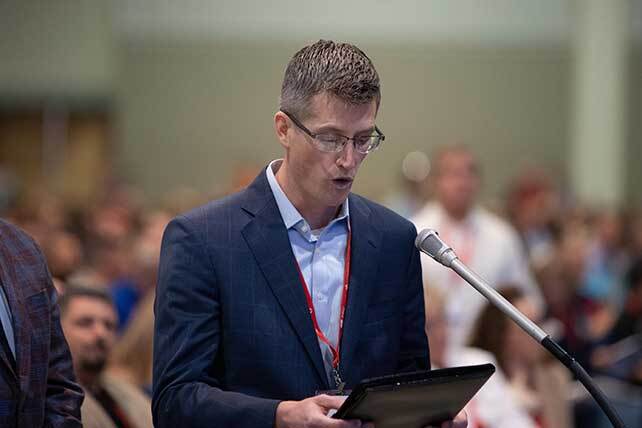
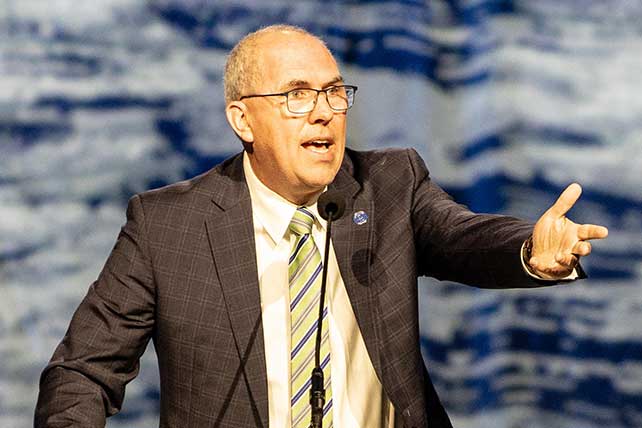

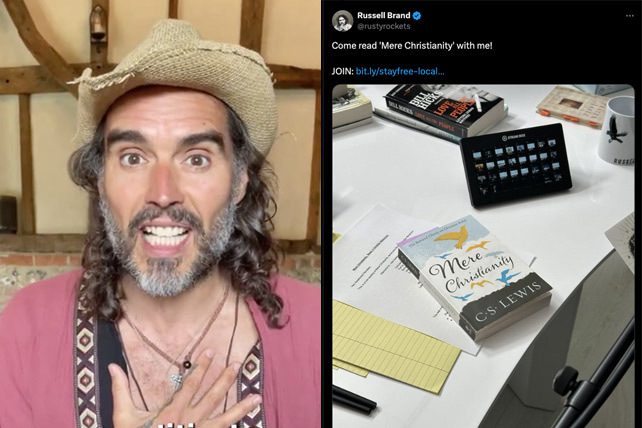

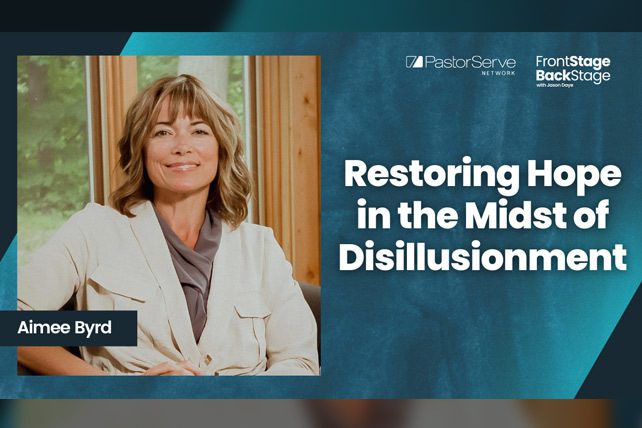
 How can we help restore hope to those who have become disillusioned with the church? In this week’s conversation on FrontStage BackStage, host Jason Daye is joined by Aimee Byrd. Aimee is an author, speaker, blogger, and podcaster. She’s written a number of books, including her latest, titled “The Hope in Our Scars.” Together, Aimee and Jason explore the true biblical beauty of Christ’s Church and contrast that with the ways that many are becoming disillusioned with the church today. Amy shares from her own experiences of being wounded by the church and how she has fought to love the church and embrace the heart of Christ.
How can we help restore hope to those who have become disillusioned with the church? In this week’s conversation on FrontStage BackStage, host Jason Daye is joined by Aimee Byrd. Aimee is an author, speaker, blogger, and podcaster. She’s written a number of books, including her latest, titled “The Hope in Our Scars.” Together, Aimee and Jason explore the true biblical beauty of Christ’s Church and contrast that with the ways that many are becoming disillusioned with the church today. Amy shares from her own experiences of being wounded by the church and how she has fought to love the church and embrace the heart of Christ.